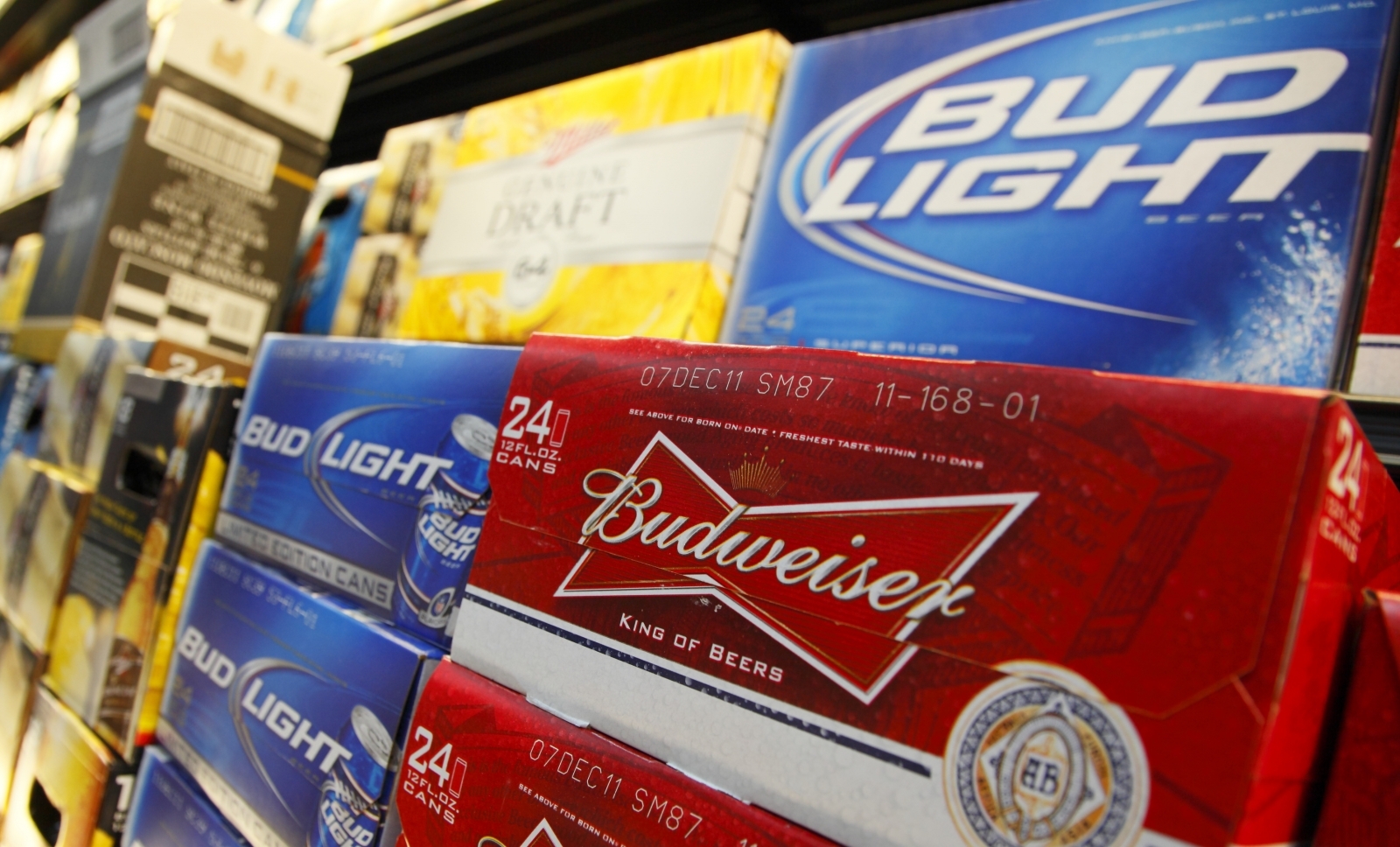The Scottish government's decision to introduce a minimum unit price for alcohol could have a dramatic impact on prices, a report by the Institute for Fiscal Studies (IFS) has warned.
From 1 May next year, a 50p-per-unit minimum will be applied to all alcoholic drinks north of the border, a move which Scottish ministers believe will tackle the country's "unhealthy relationship with drink".
The new charge would raise the price of the cheapest bottle of red wine (9.4 units of alcohol) to £4.70, while a four-pack of 500ml cans of 4% lager would cost at least £4 and a 70cl bottle of whisky could not be sold for less than £14.
The introduction of the minimum unit pricing, which was backed by Britain's supreme court after a five-year legal battle between the Scottish government and the Scotch Whisky Association, is aimed at stopping the sale of low price, high-alcohol drinks such as cider.
However, according to the IFS , approximately 70% of the alcohol units bought in supermarkets and off-licences across the UK between October 2015 and September last year were priced below 50p per unit
As a result, the new tax will result in prices across all alcohol types increasing by approximately 35%. The price per unit of ciders and lagers currently below the 50p threshold will soar by approximately 90% and 44% respectively, meaning the price of a 20 x 440ml pack of Strongbow cider would double.
"Heavy drinkers are more inclined to buy cheap units, so this suggests a minimum unit price may well be reasonably well targeted at this group," said IFS associate director Martin O'Connell.
However, the impact of the policy will depend crucially on the price sensitivity of different types of drinkers, and how much less alcohol they consume in response to a rise in price."
O'Connell added minimum unit pricing was not the only policy that the government had at its disposal.
"Heavier drinkers tend to buy stronger alcohol, suggesting that redesign of the current system of alcohol excise duties could also help target problem drinkers," he said.
"Tax reform is likely to avoid the main drawback of minimum unit pricing, which is that it boosts the profits of the alcohol industry by creating a price floor."


